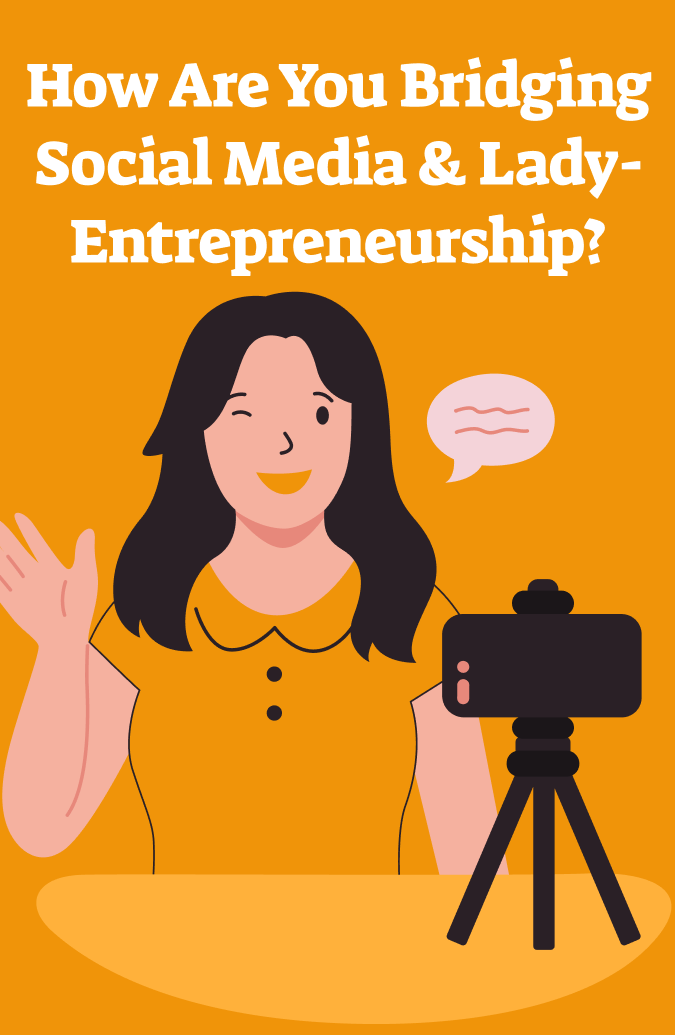Lesson 1. Digital technology harms our cognitive faculty.
The debate on whether digital technology is good or bad, has been a longstanding one. And there are no clear answers to this question.
On one hand, smartphones and gadgets have made our lives much easier. The constant and easy access to infinite information is a great boon. People can look up anything or connect with anyone, as long as they have access to the internet. Studies show that a normal person today consumes around three times more information than in the 1960s.
However there is a flipside to it that can’t be ignored. Digital technology indeed is a great boon to mankind, but it has damaging effects on our learning abilities and critical thinking.
Research has shown that reliance on digital technology can hamper our cognitive faculties. Daniel J. Levitin, a neuroscientist, argues that use of digital technology exhausts the fuel in our brains, and makes us feel stressed and mentally fatigued.
Nowadays we can always look up something we can’t recollect. This has a detrimental effect on our memory. When we don’t exercise our memory or try to recall things, it weakens and wears away like an unused muscle. And if our memory weakens, our learning ability gets affected consequently.
Spending too much time on the internet can also wear away abilities of critical thinking. Online forums and social media nowadays are flooded with all sorts of opinions. Often it becomes hard to not get influenced by the opinions of others, online.
We always don’t have a definite opinion regarding matters. So instead, we tend to accept the opinions of others with whom we agree, and reinforce what we already believe in. Even opinions are available ready-made online, nowadays.
As a result, we stop forming our own opinions based on personal experiences.
Lesson 2. Our brains develop and grow throughout our lives.
All of us have a tendency to compare ourselves with our peers. And this more than often leads us to think that we’re not as good as them. Kwik points out that this is a major hurdle in the way of reaching our entire potential.
Just because you haven’t been able to achieve much, doesn’t mean that you won’t be able to. Our brains are highly neuroplastic, which means that they can adapt and change throughout our lives.
Most of us believe that we reach our maximum brain potential in our adolescence, after which it starts to decrease. But that’s not the case.
Exercising
Unlock Knowledge with Wizdom App
Explore a world of insights and wisdom at your fingertips with the Wizdom app.
 1 Million+ App Download
1 Million+ App Download  4.9App Store Rating
4.9App Store Rating 5000+Summaries & Podcasts
5000+Summaries & Podcasts









